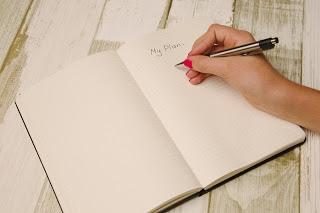
Putting a plan in place to buy your first home is essential to keep you on track to achieve your goals and make sure you tick all the boxes that will enable you to become a homebuyer. For guidance on what should be on your to-do list check out the tips below.
Estimate What Property You Can AffordYou need to work out what you can reasonably afford before taking a step further. This should take into account your current income and what the lender is likely to lend you based on this. A rough estimate of what banks will lend is usually 4.5 times your annual salary. Therefore, if you earn £18,000 a year, the bank may lend you up to £81,000. However, this is a guideline, not a definite amount. As the lender will take into consideration, other factors too mentioned below.
How Much Should You Save?On working out what the bank might lend you to buy a home, you can begin to establish an estimated lump sum to save to cover buying a home. At the moment for first-time buyers, a lot of banks are providing the option to purchase a house with a 5% deposit, this is particularly true for those wishing to buy a new-build home through the Help To Buy scheme.
Using the calculation above, if the bank lends you roughly £81,000 for a home, you could afford a house for about £85,000, by putting down a 5% deposit of approximately £4000. With this figure in mind, you have a clear goal of how much of a deposit to save for. Bear in mind, you will need to add on money for solicitors, home buying surveys and moving fees also. Solicitors fees could cost around £2,000, the survey cost depends on the type you want to purchase you can inquire about this at Allcott Associates, and moving costs may cost up to a hundred pounds or more depending on the area you live in and the amount of stuff you have to move.
Prepare Your Credit ScoreWith your savings goal and affordability in mind, alongside planning to put away money per month should be the time that you reassess your spending behaviour and take a look at your credit report. You can get a free credit score from sites such as Experian to see whether you have a poor, good or strong credit score. The reason being is due to lenders taking your spending and credit score into consideration when you apply for a mortgage. They will ask for a few months bank statements and will want to see how you spend your current income, and whether you earn enough to afford a mortgage without struggling. On your Experian credit report will be guidance on how you can improve your score.
To make sure buying your first home is successful and you can begin taking the next step of planning to move in, following the pointers above will enable you to work out your affordability based on your salary, a savings goal including your deposit, moving costs, solicitors fees and survey and to begin looking at and improving your credit score to improve the likelihood of your mortgage application being successful.

